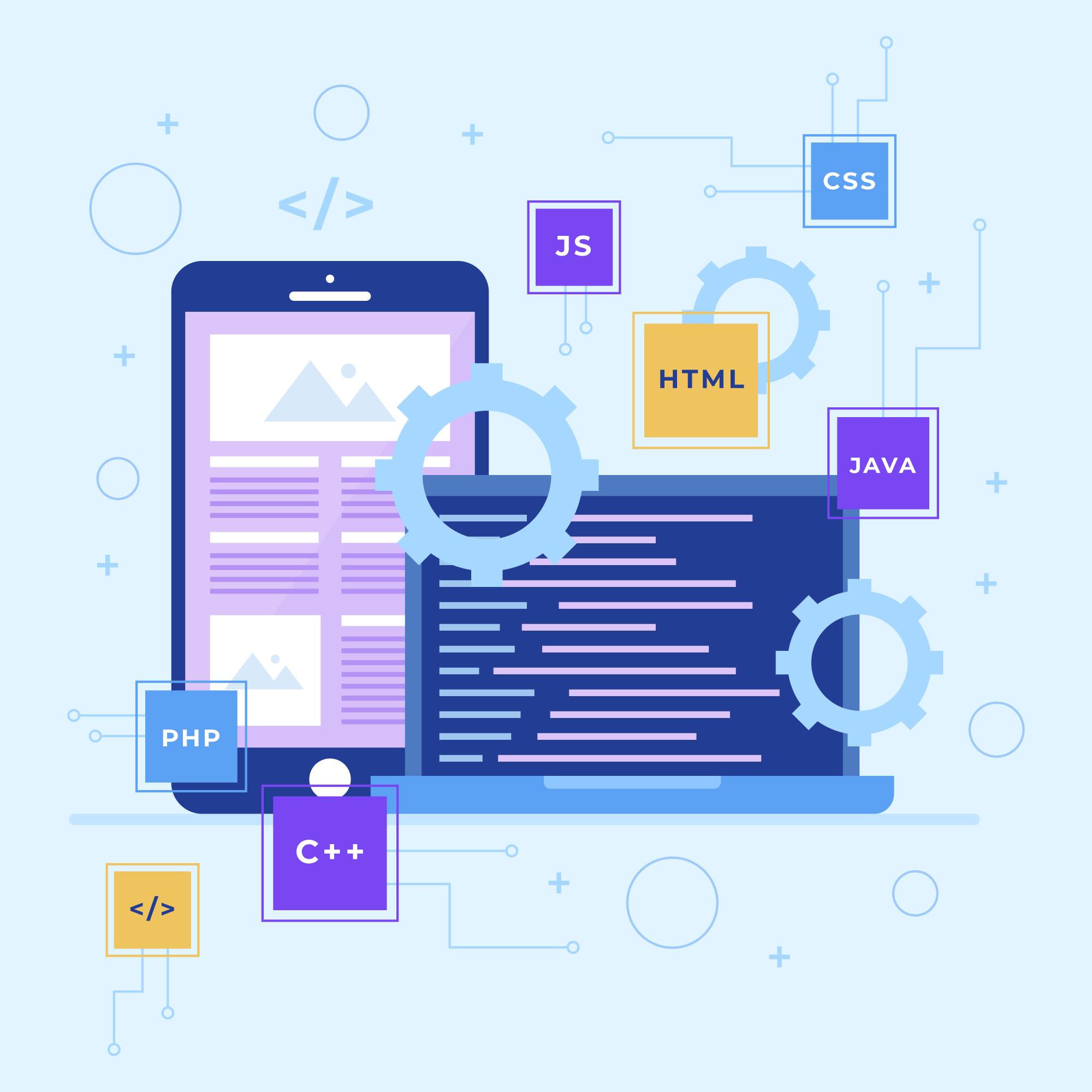In today’s fast-evolving technological landscape, creating data-driven applications has become essential for businesses seeking to thrive in a competitive market. Data is the new oil, and when paired with the power of artificial intelligence (AI), it can unlock unparalleled insights and opportunities. React Native, a leading framework for cross-platform mobile development, has become a top choice for businesses looking to build scalable, high-performance apps. Integrating AI-powered analytics into React Native apps allows businesses to harness the potential of data like never before. This article explores how to create data-driven React Native apps with AI-powered analytics.
The Rise of Data-Driven Applications
Data-driven applications rely on actionable insights extracted from large datasets to enhance decision-making and optimize performance. Businesses today collect data from various sources, such as user interactions, purchasing behaviors, and app performance metrics. By analyzing this data, companies can improve user experiences, predict trends, and make informed business decisions.
AI-powered analytics enhances this process by automating data analysis, identifying patterns, and providing real-time insights that were once impossible to achieve manually. For mobile apps, this capability is a game-changer, enabling developers to optimize their applications based on user behavior and predictive analytics.
Why Choose React Native for Data-Driven Apps?
React Native offers several advantages when building data-driven mobile apps:
- Cross-Platform Development
React Native allows developers to create apps for iOS and Android using a single codebase, reducing development time and cost. For businesses looking to implement AI-powered analytics across platforms, this cross-platform capability is invaluable. - Flexibility and Modularity
The modular architecture of React Native enables easy integration with AI and analytics tools. Developers can incorporate third-party libraries and APIs seamlessly, ensuring the app remains scalable and adaptive to new technologies. - Real-Time Updates
React Native supports real-time data updates, which is essential for AI-powered analytics. Apps can provide users with instant feedback and insights, enhancing user engagement and satisfaction.
Key Steps to Creating Data-Driven React Native Apps
- Define Your Objectives
Before integrating AI-powered analytics, businesses must define clear objectives. What insights are you hoping to gain? Are you aiming to improve user engagement, optimize sales, or enhance app performance? Clear goals help in selecting the right analytics tools and AI technologies. - Choose the Right Tools and Frameworks
Integrating AI-powered analytics into React Native apps requires selecting the right tools. Popular AI frameworks like TensorFlow.js, PyTorch, and Dialogflow can work seamlessly with React Native to deliver powerful data analytics capabilities.Additionally, consider using analytics platforms such as Google Analytics, Firebase Analytics, or Mixpanel to track user behavior and app performance. These platforms often integrate easily with React Native, providing a foundation for advanced AI-powered insights. - Incorporate Machine Learning Models
Machine learning (ML) models lie at the core of AI-powered analytics. These models analyze data, identify trends, and make predictions. For React Native apps, ML models can be implemented using APIs like TensorFlow.js or custom-built models hosted on cloud platforms such as AWS or Google Cloud. - Focus on User-Centric Design
A data-driven app should enhance the user experience. Use AI-powered analytics to identify user pain points and implement solutions. For example, heatmaps generated from analytics data can help identify underperforming areas in your app’s UI, allowing developers to make informed improvements. - Ensure Data Privacy and Security
Collecting and analyzing user data comes with responsibilities. Businesses must comply with data privacy laws such as GDPR and CCPA. Implement secure data encryption methods and obtain user consent before collecting data.
Real-World Applications of AI-Powered Analytics in React Native Apps
- Personalized Recommendations
AI-powered analytics can analyze user preferences and behaviors to deliver personalized recommendations. For example, an e-commerce app built with React Native can suggest products based on a user’s browsing history and purchase patterns. - Predictive Maintenance
Apps in industries such as healthcare or manufacturing can use AI analytics to predict potential issues before they occur. React Native’s real-time capabilities make it possible to deliver timely alerts and solutions to users. - Enhanced Marketing Strategies
Businesses can use AI-powered analytics to track user engagement and optimize marketing campaigns. By understanding which features or content resonate most with users, companies can refine their strategies and improve ROI. - Improved User Retention
Analytics tools can identify why users drop off at certain stages in the app. React Native developers can use these insights to implement targeted improvements, ensuring a seamless and engaging user journey.
The Future of Data-Driven React Native Apps
The combination of React Native and AI-powered analytics is paving the way for the future of mobile app development. As AI technologies continue to advance, businesses will have even greater opportunities to create intelligent, user-centric applications. From predictive modeling to real-time insights, the possibilities are endless.
Moreover, as the demand for personalized user experiences grows, the role of data-driven apps will become increasingly vital. React Native’s ability to integrate seamlessly with AI and analytics tools ensures that businesses can stay ahead of the curve, delivering innovative solutions to their users.
Conclusion
Creating data-driven React Native apps with AI-powered analytics empowers businesses to make smarter decisions, enhance user experiences, and drive growth. With features like cross-platform compatibility, real-time updates, and scalability, React Native remains the ideal framework for building intelligent, data-centric applications. By leveraging React Native Services, businesses can unlock the full potential of their mobile apps and stay competitive in today’s data-driven world.
